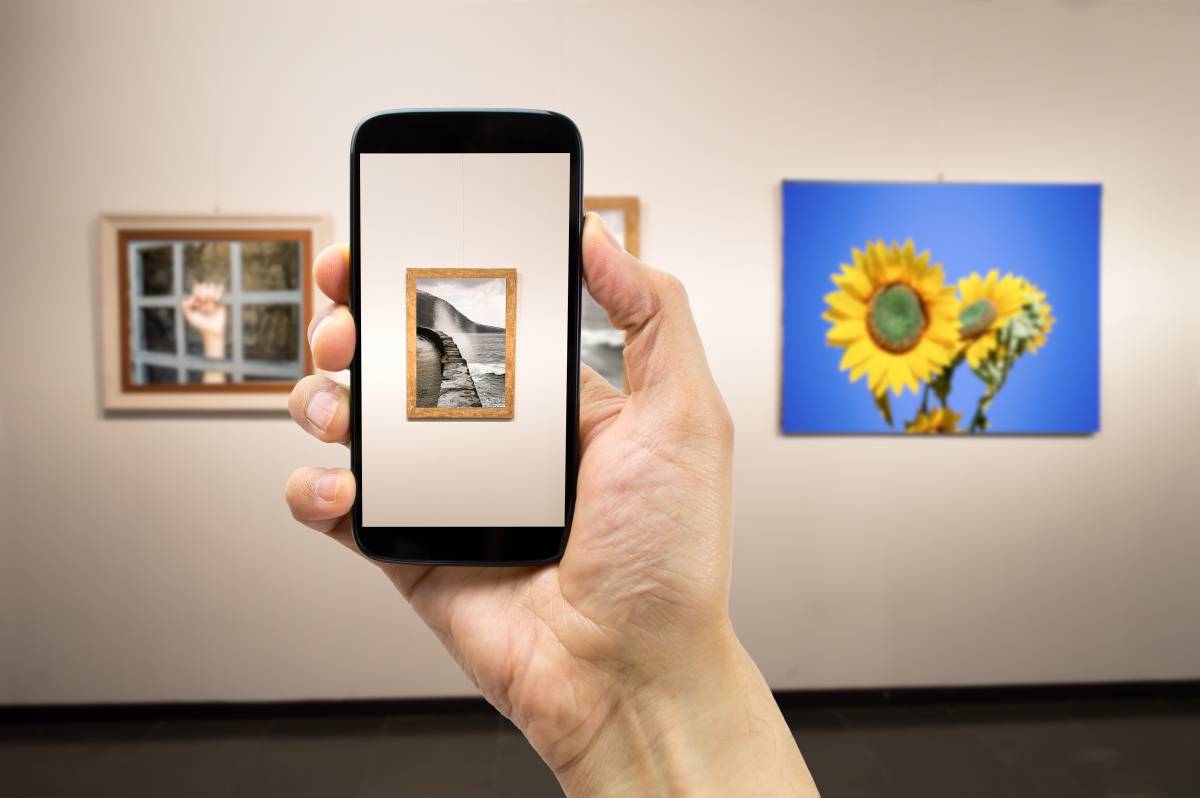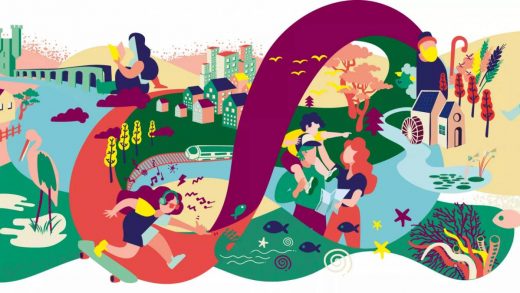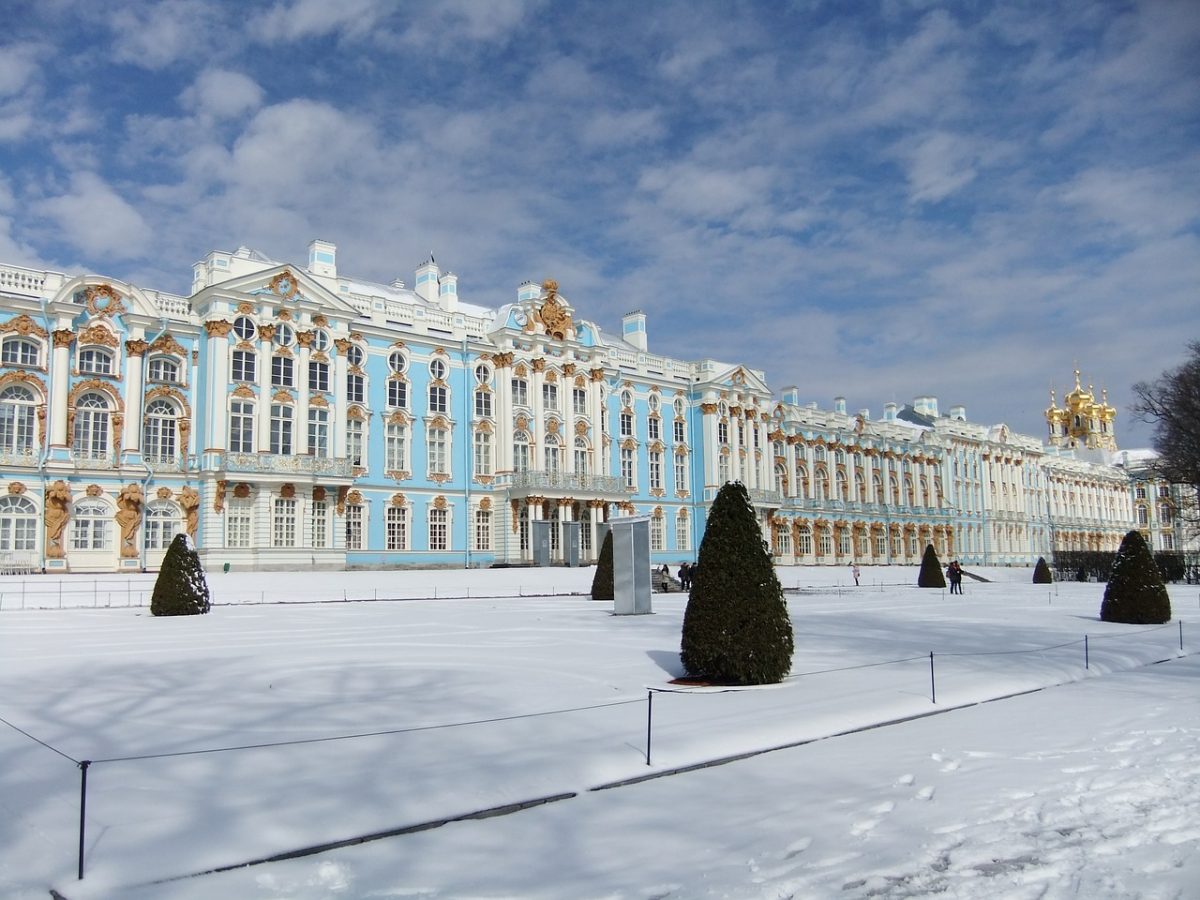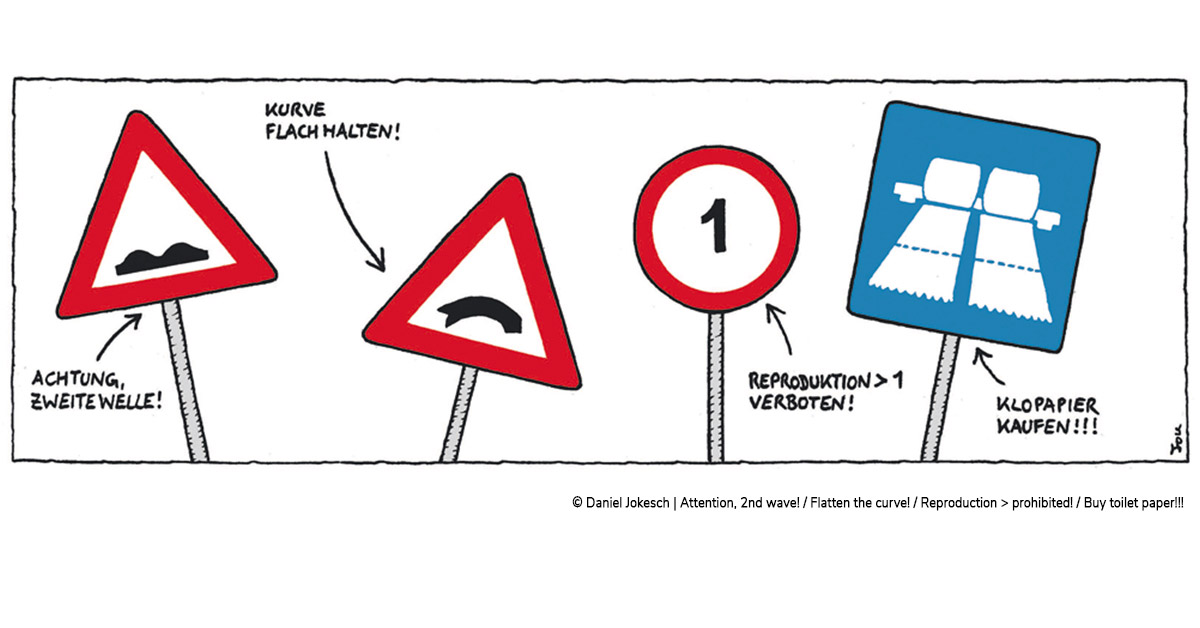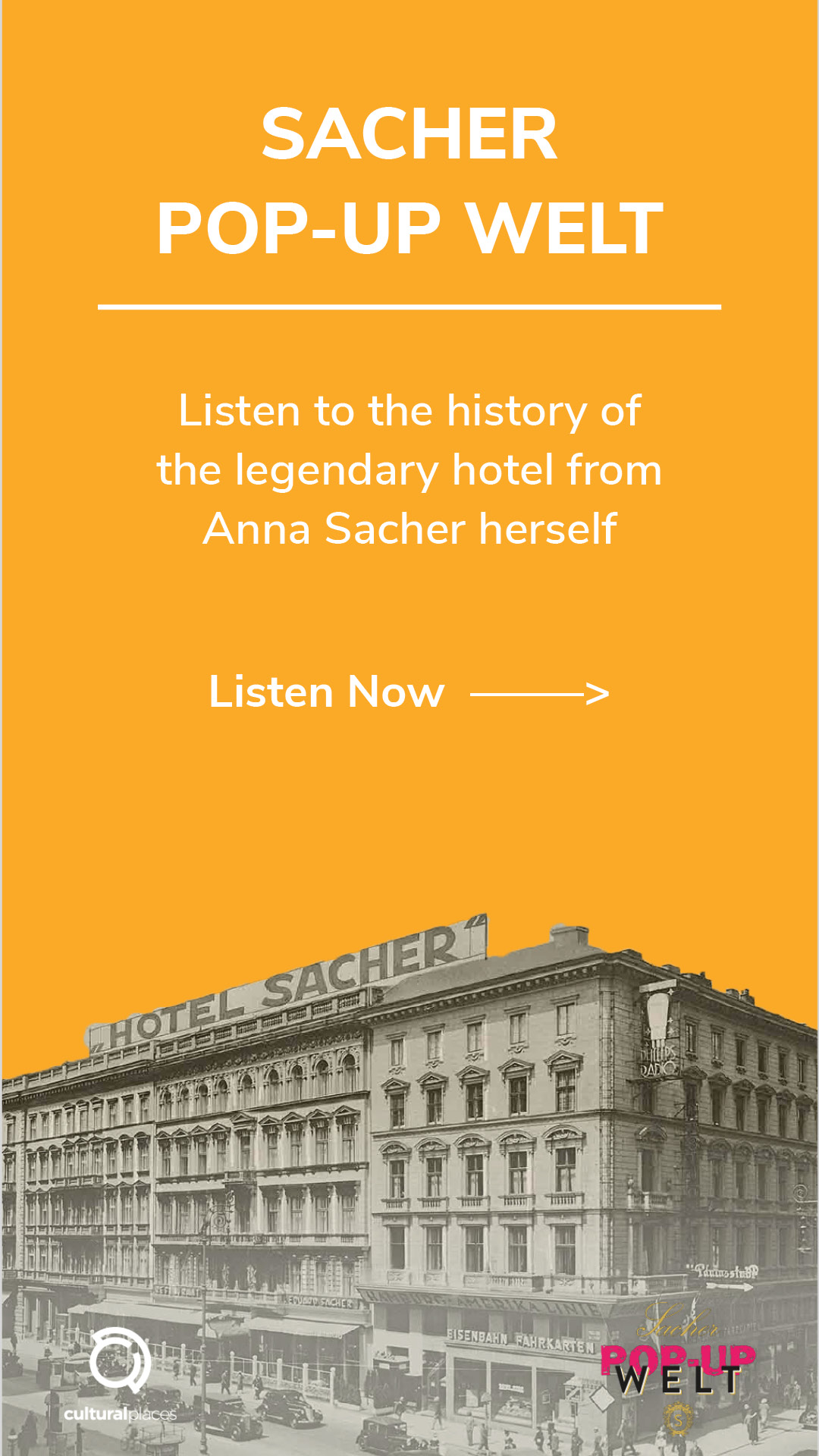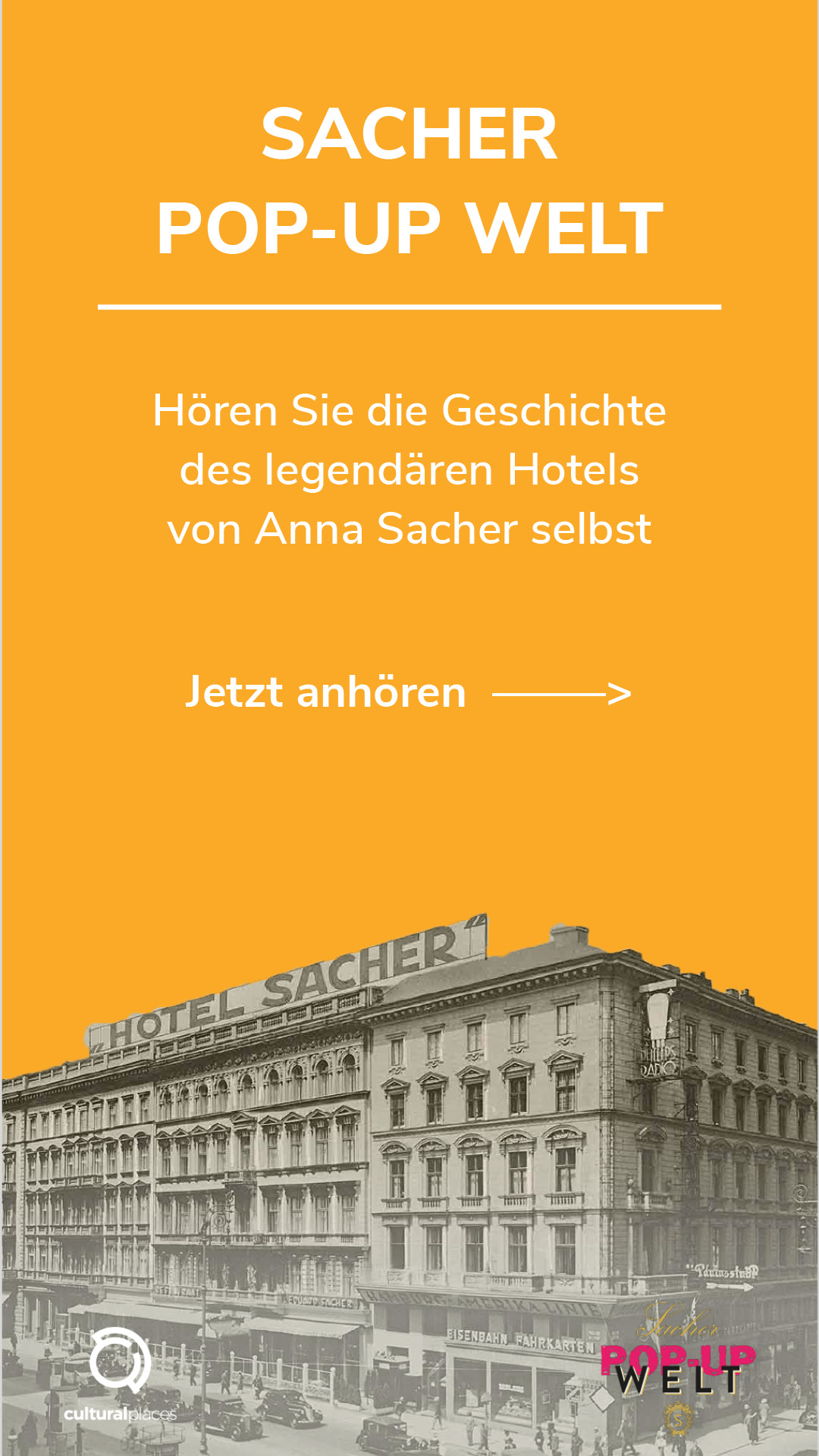Digital Projects of Museums in Germany
These days, many museums and cultural organizations are focusing on digital collections, working with open data, and online offerings for their audiences. Digitalization is not just an empty buzzword, but an additional track that can add value and open up new possibilities.
In this post, we take a look at what digital offerings and initiatives exist in the cultural sector in Germany. Discover entertaining online games, breathtaking detail, and exciting digital exhibitions!
Hackathon: Coding da Vinci
The “Coding da Vinci” hackathon has been held in changing German cities since 2014 and links the worlds of culture and technology. Participants can work directly with open data from a wide range of cultural organizations and develop prototypes for apps, website pages, data visualizations, games, interactive installations, and much more in a process lasting several weeks. Through the open approach, a wide variety of projects are implemented in a creative way: there are now nearly 200 projects to discover!
Zeitblick is an app that analyzes selfies and searches for historical doppelgängers in the photo archives of the Museum für Kunst und Gewerbe Hamburg. The augmented reality app Berliner MauAR recreates the Berlin Wall virtually on site. Historical images of the Wall are positioned in the open field where they were shot. And with Chronoscope Hamburg, you travel through 300 years of Hamburg’s history with a time machine. Historical maps of Hamburg are superimposed on a current map of the city and made explorable via a timeline.
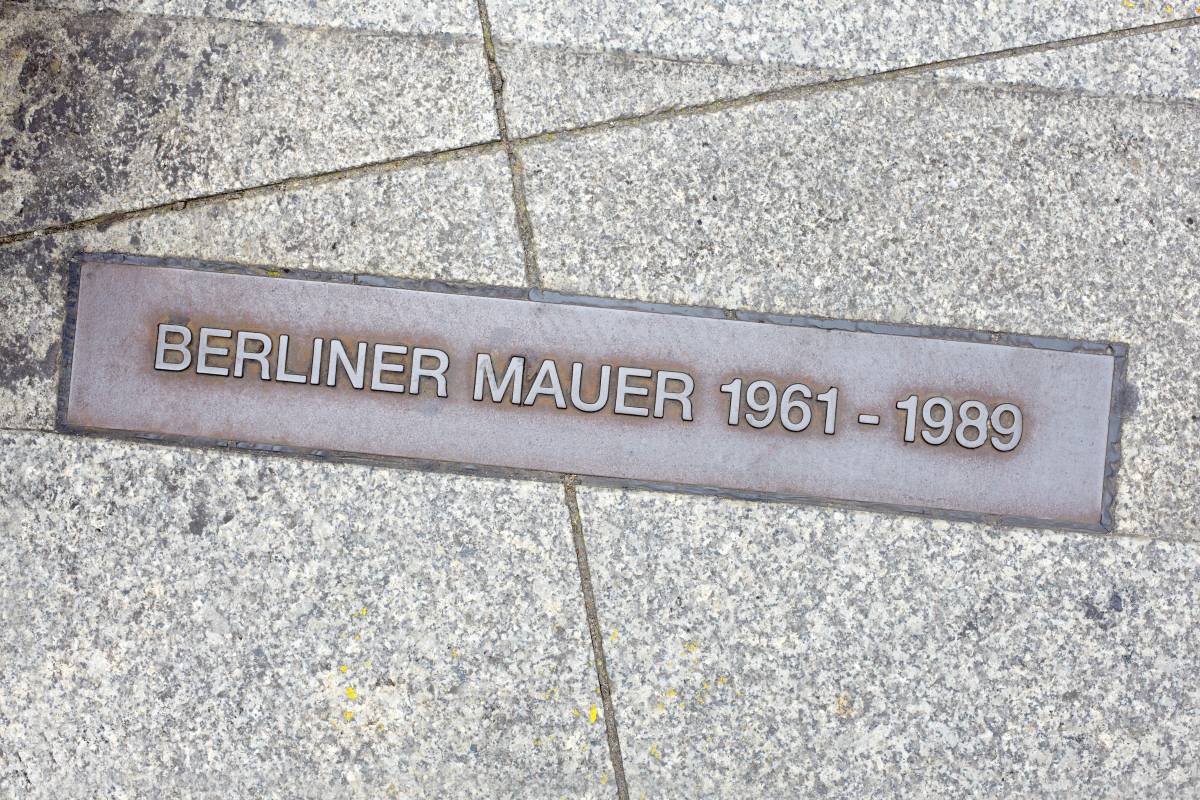
See how the Berlin Wall looked back then with the help of AR.
National Museums in Berlin: Online Offers
The Staatliche Museen zu Berlin, a consortium of 19 of the city’s premiere museums, includes the Old and New National Gallery, the Hamburger Bahnhof, the Bode Museum, and the Pergamon Museum. On their joint website, users can easily click through the diverse online offerings of these museums and galleries and have a vast selection at a glance. For example, there are online events, digital exhibitions, 3D and 360° tours, podcasts, and freely accessible online databases. With so much on offer, it’s hard to choose! Therefore we’ve gathered three tips for you:
The Bode Museum’s most famous exhibit can now be visited digitally. Information about its history as well as high-resolution images are available online for free. Warning: requires some computing power!
Future Walk: The Future Walk app invites you to explore the Kulturforum and its museums in an interactive way. In the process, you are invited to a secret mission by Andrea, a curator from the year 2261. Available for Android and iOS.
Live tours on demand: Everyone will find something that interests them here! On Facebook, you can view past live tours at any time. Missed the exhibition? No problem, all tours in German are available here.
Jewish Museum Berlin: Digital Showcase
The Jewish Museum in Berlin presents a wide variety of projects, features, films, and much more in its online showcase – and has been doing so for several years already. Here you can learn about an animated children’s fairy tale, read an essay on LQTBIQ* and Judaism, and view vaccination certificates from the last 200 years from the archive – just to name a few. Furthermore, there is well-prepared information on past exhibitions. The section “What you always wanted to know about Jews” is entertaining and informative, answering visitors’ questions such as how to wear a kippa (in German).
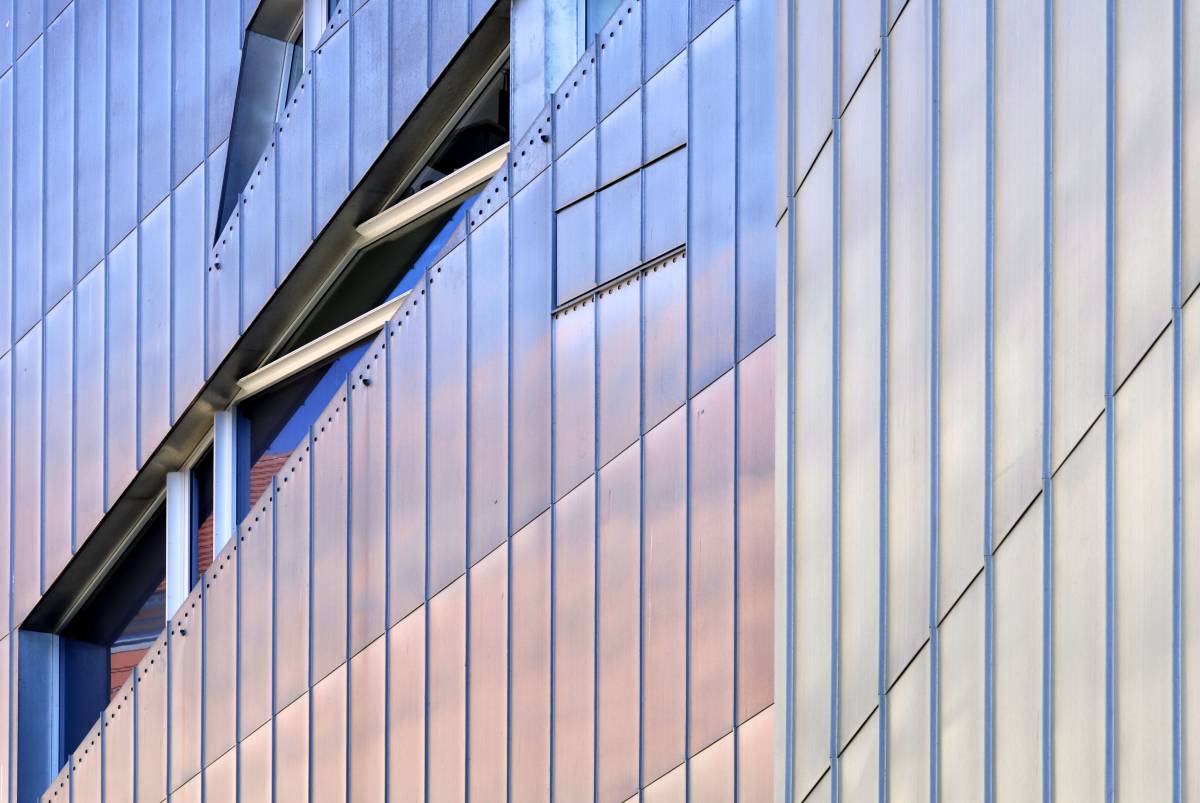
The Jewish Museum Berlin isn’t modern just from the outside
Digital Fund of the Federal Cultural Foundation
The Federal Cultural Foundation has created a fund to support cultural institutions in their digital projects, as digital know-how is often still lacking in the artistic field. At least two cultural institutions have to cooperate in submitting projects that aim to expand internal change processes, experiment with new digital aesthetics and forms of expression, and advance the digital profile of their institutions. Digital experts then support them with their knowledge. Fifteen of these exciting projects are gathered on their website – we want to introduce you to three of them:
nextmuseum.io: This networking platform explores the question of how more democracy is feasible in the art world and how new forms of participation can be implemented. Accordingly, the focus is on co-creation and swarm curation: artists and curators can submit works or launch an open call. Interested parties can gain insight into the creation of the exhibitions, submit media themselves, comment on submitted works, suggest artists and experiments, and discuss them in the group chat.
blackbox.game: In the recently launched Blackbox archaeology project, three museums – the LWL Museum of Archaeology – Westphalian State Museum, the German Mining Museum in Bochum, and the LWL Roman Museum – are working to make archaeological working methods tangible through interactive media (such as VR and AR).
Offene Welten: Four institutions are working together to create digital courses and artistic interventions in urban spaces. The website features numerous projects that can be experienced via web and (web) apps, such as “Cyber-Staub,” where virtual art sculptures can be made visible in real space via smartphone using augmented reality.
More about this topic
This was just a small glimpse of the diverse digital projects in Germany’s arts and culture sector. If you’re looking for more inspiration, check out our introductions to online offerings from museums in Germany, Austria, and Switzerland, as well as worldwide.
Enjoy reading and discovering!

